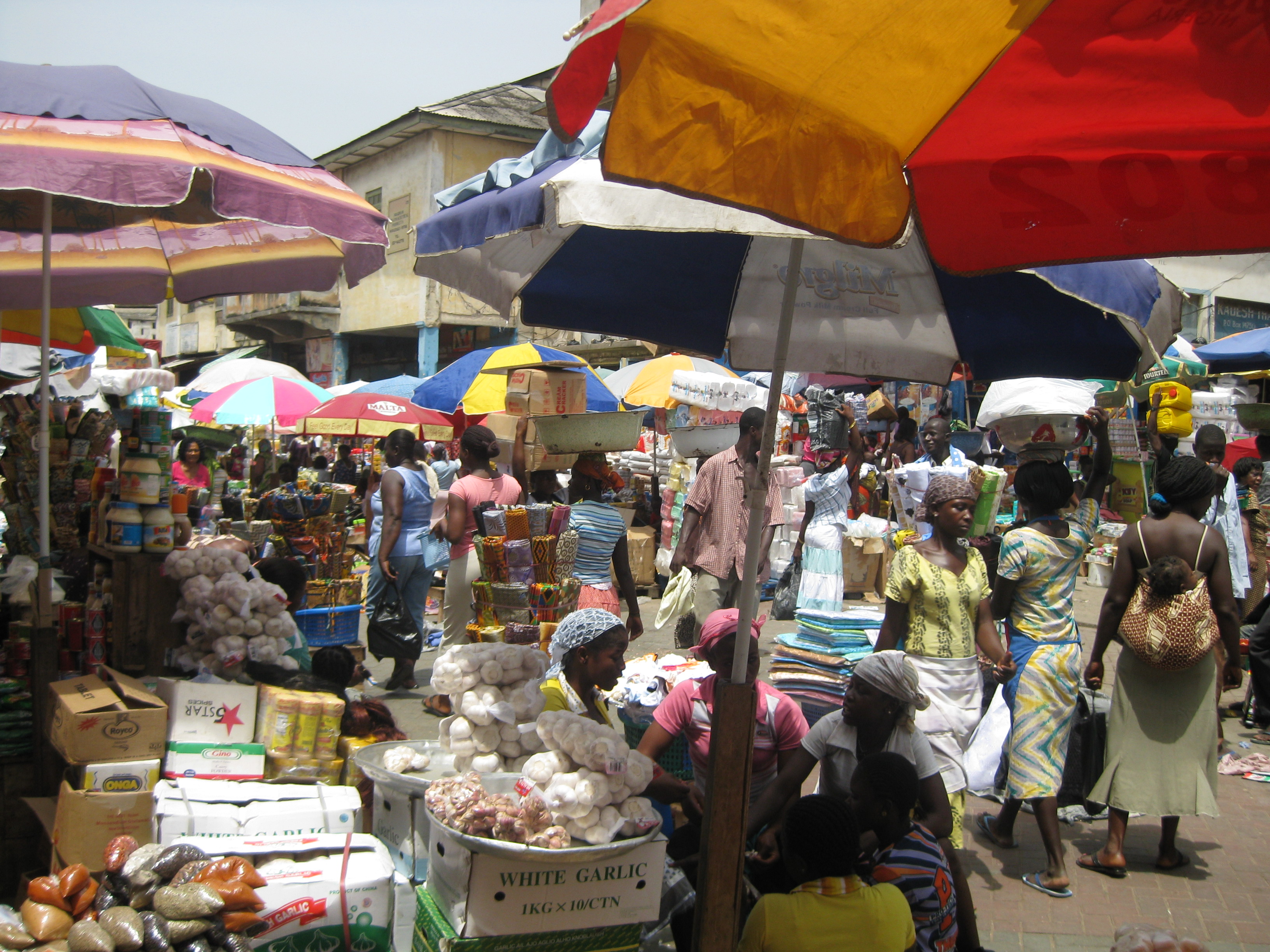
How to succeed as an enterprise co-pilot: Three priorities for the modern CFO
Schindler CFO Carla De Geyseleer explains how today’s CFO acts as a strategic co-pilot, uses sustainability to drive growth, and develops future finance leaders....

by Leif M. Sjöblom Published August 11, 2023 in Strategy • 5 min read
Even before Covid-19 hit, as world economic growth was slow, European companies were looking to emerging markets for “white spots” – i.e., investment spaces with strategic potential. And yet, European executives on their home soil who claim “the future is in Africa” are clearly missing the train. Consider: The Coca-Cola Company has run an extremely successful African business since 1928. And many other multinational companies have good to outstanding businesses on the continent. That said, sub-Saharan Africa is a challenging region with its fair share of failures along with the success stories.
The business market’s opportunities can be classified into three broad categories: (1) extracting natural resources, like mining and agriculture; (2) infrastructure, as the estimated need is hundreds of billions of euros; and (3) consumer products and services, currently the fastest growing sector – and the main focus of this article.
An obvious question is why some companies are successful while others are not. Another is why many companies are reluctant to explore African markets. The answers to these questions are related. Below, I look at three reasons for reluctance and how local insights can help.
First, I often hear that Africa is risky and hard to understand. The mistake here is to conflate business risk – which can be managed if well understood – with uncertainty and ignorance. Being successful in Africa, like anywhere else, requires a thorough understanding of the local culture and business practices. This knowledge can only be gained by being on the ground. African investments tend to be micromanaged from headquarters in Europe or elsewhere abroad, resulting in slow and often biased decisions. In fact, Europe’s share of business and investments is declining while Asia and Latin America are gaining ground. Executives with prior experience in emerging markets may fare better in Africa, thanks to their more realistic understandings of risks and opportunities.

“To see successs in distribution, look to Coca-Cola, which is available anywhere, even in times of war.”
A second excuse is corruption. Corruption is regrettable, but it is perfectly possible to run a highly profitable business while steering clear of it. And note that in Transparency International’s Global Corruption Index, 14 African countries rank better than India, for example.
A third reason for reluctance is poverty. I hear, “poor people cannot afford our products.” This excuse doesn’t hold water, especially with respect to consumer products. The real challenge is to adapt your business model after gaining a deep understanding of the local business realities.
At the local level, for goods, distribution is the key to success. Without efficient distribution, you can have the best products and still not be successful. To see successs in distribution, look to Coca-Cola, which is available anywhere, even in times of war. Many other consumer-goods companies have attempted to copy Coke’s distribution system, but with limited success.
An example will illustrate the challenge. In Europe, consumer goods are mainly sold in convenience stores and supermarket chains, known as the “modern trade.” Key accounts, long-term contracts and deliveries in truckloads amount to a very comfortable way of doing business. But in Africa, the “general trade” accounts for 70% of the market. That includes a highly fragmented mix of many small kiosks and stalls. For example, in Kenya, with a population of 55 million people, there are an estimated 200,000 entities in the general trade.
Delivering at the right cost can be a logistical nightmare with infrastructure challenges. And if you miss a delivery, your product may be replaced, almost instantly, by another that may be a competitor’s or even a counterfeit. Small retailers are reputed to be pure profit maximizers with little concern for loyalty. To escalate the challenge, cash is in short supply, and consumer goods have different cycles within a day. If your delivery misses its 30-minute window, your retailer may not have cash, presenting you with the interesting dilemma of either extending credit (and later collecting money, when it is available) or turning down the business. This may sound chaotic, but it is predictable. It goes to show the degree of local market understanding necessary to be successful.

The very definition of competition is also different. With some consumers living on just a few euros per day, competition is for a share of the purse. Philip Morris was among the companies that found that their biggest competitors were in the telecommunications space. After buying daily essentials, a consumer may be left with 30 cents to spend on cigarettes, soda or more airtime for their mobile phone.
Because many consumers don’t have a lot of discretionary spending money, and may have limited storage space at home, packaging becomes a critical decision. Small retailers usually “break the bulk,” meaning they open larger packages and sell in smaller quantities at a premium. Cigarettes can be bought by the stick, cooking oil and flour by the spoonful, and so on. Finding the right size – often single servings – can make or break the business. The product must be provided at the right price point, too. When Nestlé increased the price of their Maggi bouillon cube in West Africa from 25 to 30 CFA francs to keep up with inflation, they saw a big drop in sales. The issue was not the price increase per se, but the fact that 5 CFA coins were in very short supply. Paying with two 25 CFA coins did not solve the problem, because the retailer would not have the right change on hand. This is another example of the need for local knowhow.
Africa is a continent of many opportunities. Africa is also different for businesses used to working in Europe. The key to success is to understand and appreciate its differences – and to create the right business models to exploit the opportunities. Contextual understanding will boost your business and protect you from later entrants – those who are still watching Africa’s potential from afar.
Professor of Financial Management
Leif Sjöblom is Professor of Financial Management at IMD and co-director of the Program for Executive Development and the Foundations for Business Development program. His areas of special interest include the restructuring of the telecommunications industry, performance measurement and shareholder value creation, and micro-entrepreneurship in sub-Saharan Africa, where he works with African entrepreneurs and universities to develop their capabilities.

February 24, 2026 in Finance
Schindler CFO Carla De Geyseleer explains how today’s CFO acts as a strategic co-pilot, uses sustainability to drive growth, and develops future finance leaders....

February 11, 2026 • by Catherine Agamis, Hischam El-Agamy in Finance
How banks can position themselves across multiple futures to deliver on sustainability commitments while maintaining financial performance...

January 9, 2026 • by Jerry Davis in Finance
The US President is gouging out chunks of America’s long-established economic data apparatus because he doesn’t like what he sees. It’s unlikely to end well....
 Audio available
Audio available
January 7, 2026 • by Salvatore Cantale in Finance
At critical moments that can shape a company’s long-term future, the balance of CEO ambition, CFO vigilance, and board oversight can determine success or failure. IMD’s Salvatore Cantale outlines how CFOs can...
Explore first person business intelligence from top minds curated for a global executive audience